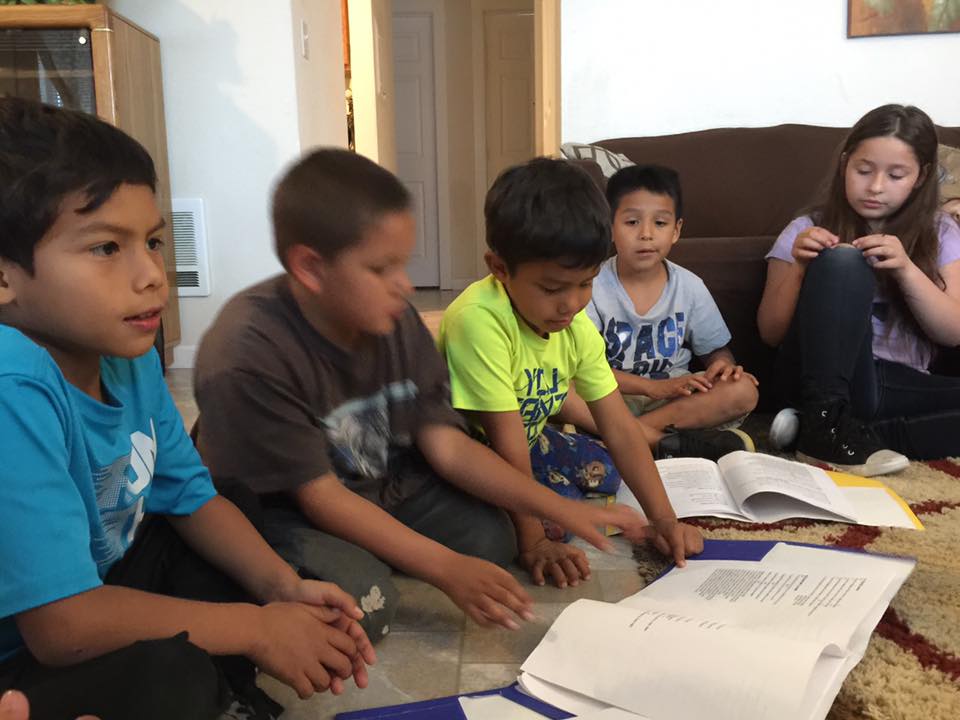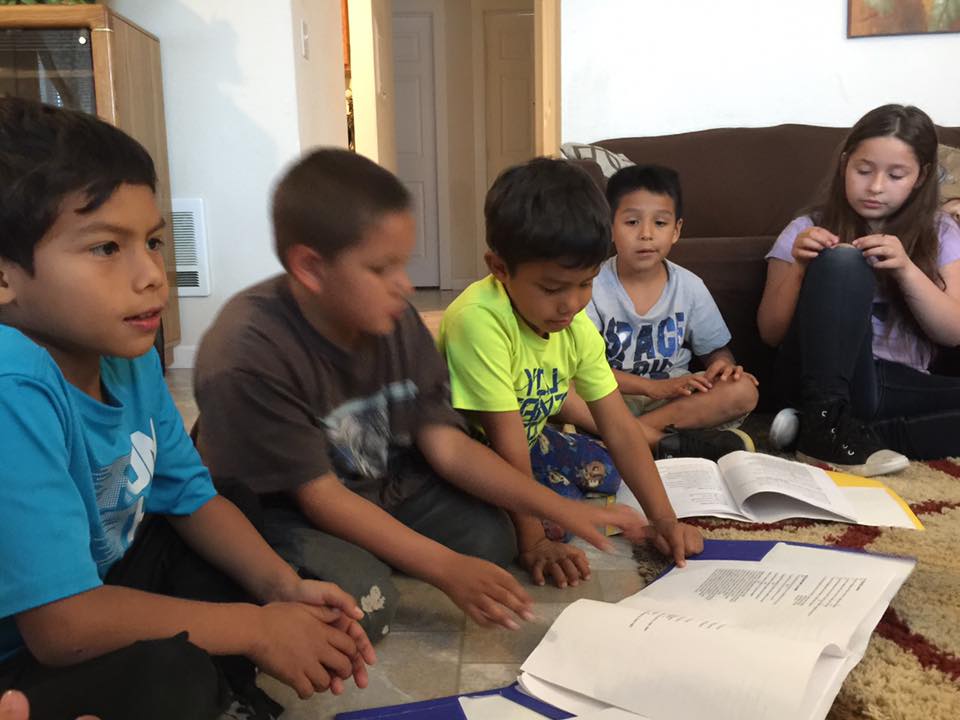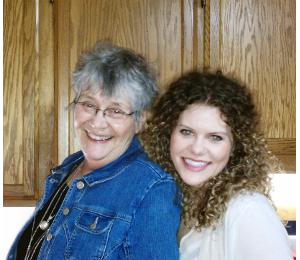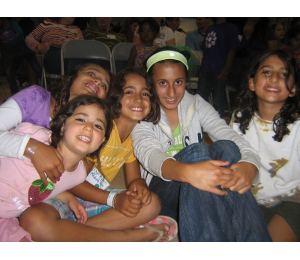What is the Bahá’í Attitude toward the followers of other Faiths?
Bahá’u’lláh instructs His Followers to “Consort with the followers of all religions in a spirit of friendliness and fellowship”. The message throughout the Bahá’í writings is that the professed beliefs of an individual are not as important as his conduct. Also, the Bahá’í writings place a value on friendship.
What is the meaning of ‘Manifestation of God’?
Once in about a thousand years God sends a marvellous Teacher to guide man’s footsteps on the spiritual path – Buddha, Abraham, Moses, Jesus, Muhammad, The Bab, Baha’u’llah. When these Teachers appear it is obvious to a chosen few of their followers that this is not an ordinary man, that this Individual is different from the rest of mankind. The Baha’i scriptures explain that all of the attributes of God are visible in these Teachers just as it is possible for all of the light of the sun to be visible in a clear and stainless mirror. It has always been necessary that there should be a descriptive name for these Individuals – a name that is understandable to the generality of mankind at the time of their appearance. In this day this descriptive name is “Manifestation of God”. This is a reference to the fact that all of the attributes of God are visible in this Individual. We say that each of these Teachers was a Manifestation of God.
What about the concepts of Heaven and Hell?
The Bahá’í writings maintain that the descriptions of Heaven and Hell appearing in some of the older religious writings are symbolic and are not to be taken literally. Just as God is depicted as the loving shepherd and “the Merciful” and “The Compassionate” in the scriptures of the Great Religions of the world, these attributes of God are also maintained in the Bahá’í Writings. We spend a brief time on this physical plane of existence and God sends his Prophets to show us how to make the best use of our lives here. The Bahá’í Writings state that “Heaven and hell are conditions within our own beings.” and that “…the paradise and hell of existence are found in all the worlds of God, whether in this world or in the spiritual heavenly worlds.”
Life after Death
Although we will leave this earthly life some day, Bahá’u’lláh affirms that “…the worlds of God are countless in their number, and infinite in their range” and after we leave this world our souls will enter the next world. The Bahá’í scriptures affirm that the next world cannot be described and it is as different from this world as this world is different from the world of the womb before our birth. When we were in our mother’s womb we were developing eyes and nose and arms and legs which were not useful to us in that environment but after we were born into this physical world their usefulness became obvious. Similarly during our brief life in this physical world the Prophets of God instruct us as to how to develop the capacities needed for us to thrive in both this world and the next.
Is Bahá’í an “organized religion”?
Bahá’ís describe it as “religion renewed”. There is no clergy in the Bahá’í Faith. Imitation of ancestral beliefs and customs, a subtle but common characteristic of “organized” religion, is identified as harmful and life-long independent investigation of truth is held to be the right way of life for every human being. There are no elaborate ceremonials and monasticism or “a solitary life and severe discipline” have no place in the Bahá’í system. There is a long list of elements typically associated with “organized religion” that have been rigidly excluded by the clear text of Bahá’u’lláh’s writings. Because of these differences Bahá’ís tend to describe His Faith as “religion renewed” since the term “organized religion”, in common usage carries inferences and implications that are effectively suppressed in the Bahá’í Faith.
Do Bahá’ís have a Scripture?
The writings of Bahá’u’lláh, comprising an estimated 100 volumes are regarded as sacred Scripture. These writings cover topics of a wide range, including laws and principles for personal conduct and the governance of society, as well as mystical writings dealing with the progress of the soul and its journey towards God. Bahá’ís recognize the Divine origin of the worlds other great religions and many Bahá’ís who come from other backgrounds are pleased to find that their understanding of the scripture of their heritage, such as the Bible or the Qur’an, is powerfully and dramatically enhanced by the tiers of light that the Bahá’í Writings shed on these previous scriptures.
What is the background or context of the Bahá’í Faith?
The Bahá’í Faith is an independent world religion that was founded in the mid-19th Century by the Bab and Bahá’u’lláh. It is not a sect of any of the great World Religions that preceded it.
Is the Bahá’í Faith an eclectic admixture of conflicting religions traditions?
No, “eclectic” would imply different sources. The Bahá’í Teachings maintain that these major religions of the world came from the same Source, from the One True God. Bahá’u’lláh is the Manifestation of God for our age, for our time. But the same One True God has spoken before at different times and at different places and the message was adapted to the state of mankind’s development at that time and to the conditions of the particular place.
How is the Bahá’í Community organized?
Bahá’í community life is characterized by great freedom of individual belief. There is no clergy in the Bahá’í Faith. A system of democratically elected councils at the local, national, and international levels administer the affairs of the community.
Where is the World Center of the Bahá’í Faith?
The World Center of the Bahá’í Faith is located in Israel.
Born in 19th century Persia, Bahá’u’lláh was subjected to several successive banishments throughout His lifetime. These banishments were instigated by the Persian Muslim religious leaders who believed that by banishing Him to a remote corner of the Ottoman Empire His Faith would be forever crushed. The last of these banishments, in the summer of 1868, was to ‘Akká – located in what was then the Turkish Ottoman province of Palestine. Sent to this harsh penal colony under a sentence of lifelong imprisonment, He would remain there for the rest of His earthly life. His shrine is there in ‘Akká and the sacred remains of His Herald, The Bab, are interred in a separate shrine in nearby Haifa on Mount Carmel. So today the spiritual and administrative center of the Baha’i Faith is in the twin cities of ‘Akká and Haifa.
Do Bahá’ís participate in Politics?
Bahá’ís take their civic responsibilities seriously and uphold the authority of established governments through loyalty and obedience to the laws of their country. While participating in elections for their government, they abstain from partisanship, and so do not join political parties or factions. Bahá’ís may serve their government in administrative posts but do not accept political appointments or run for elected office. Such service reflects the practice within the Bahá’í community, which holds elections for its administrative councils that are entirely without nominations or campaigning.

















